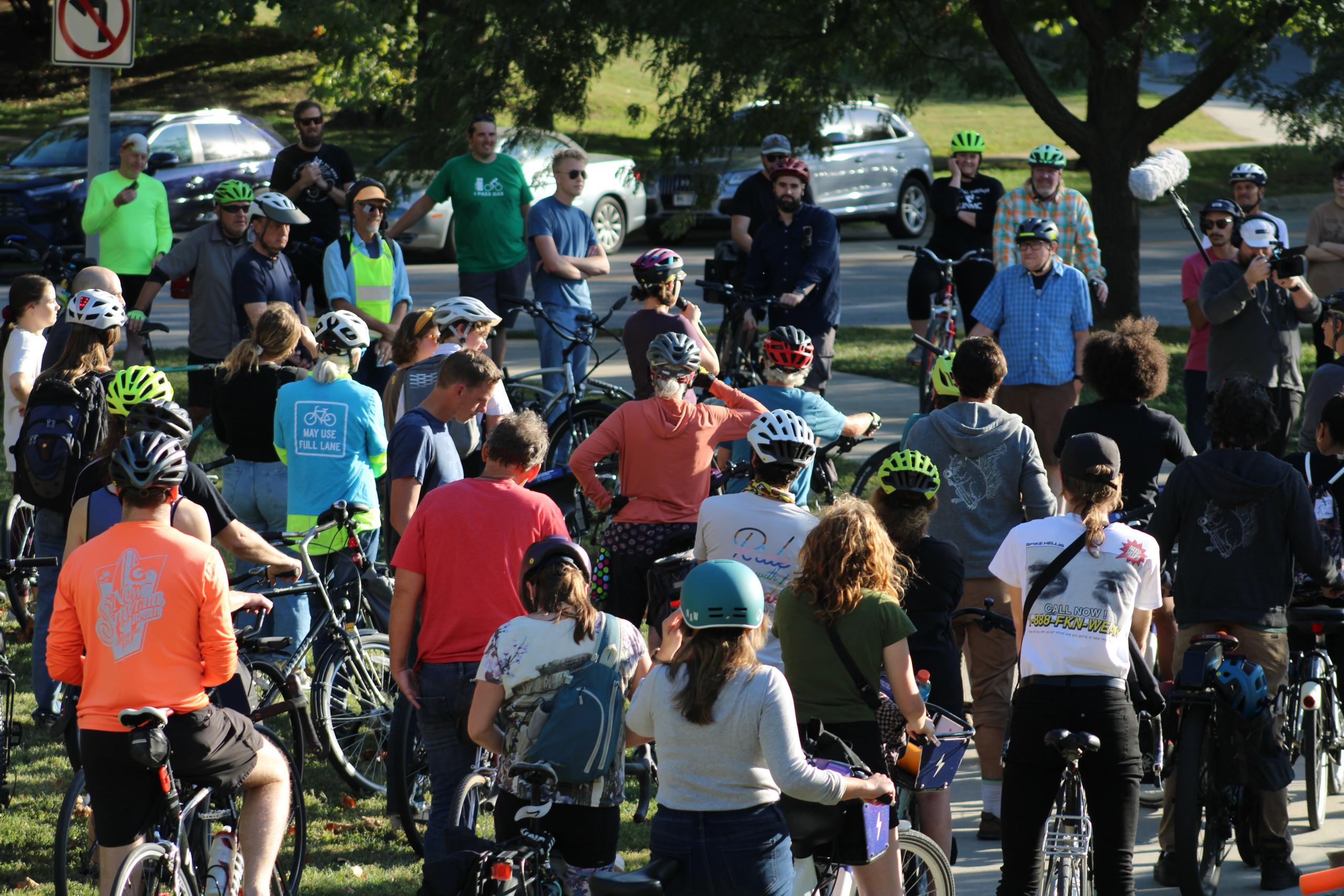The grievous death of Creighton University physician, Dr. Edward Horowitz, on Monday at the intersection of 38th and Dodge Street illustrates the serious challenges faced by the City of Omaha as Dodge Street becomes a future multi-modal transportation corridor. Dr. Horowitz was killed by a vehicle while crossing Dodge Street with the right of way and walking in a crosswalk.
Dodge Street represents Omaha’s central corridor and has been identified as the primary element linking the city’s areas of civic importance. Early work by Omaha by Design described this as a fishbone, with Dodge Street acting as an organizing spine for the city’s green spaces and neighborhoods, and where the highest level of the new urban design standards would be applied. The recent Central Omaha Alternatives Analysis concluded Dodge Street, Farnam Street, and Harney Street should host both a new Bus Rapid Transit line and an urban circulator, the locally preferred term for a streetcar. Both of these transit technologies have been celebrated as models of Transit Oriented Development, meaning an increase in development along these transit lines can be expected both in advance of, during and after the construction of these lines if they proceed as planned.
However, increased development and improved transit opportunities along and near the Dodge Street Corridor won’t succeed without reconceptualizing Dodge Street as a safe space for pedestrian movement and without providing the necessary facilities required for people who walk to move along and across Dodge Street in a safe manner. Nearly every transit rider is ultimately a pedestrian as the first or last leg of a transit rider’s journey is usually on foot, and the current design of Dodge Street is one of the least habitable places in the city for pedestrian traffic. An aggressive and visionary approach to Dodge Street is needed if the proposed transit improvements advance, something along the scale of Los Angeles Mayor Eric Garcetti’s recent Great Streets Initiative, which recognizes the important role great streets play in making great neighborhoods and great cities. Omaha’s central corridor and the neighborhoods defining it won’t be great without a new and visionary approach to how Dodge Street safely accommodates all forms of transportation.



thanks for this, we surely need better design and proactive law enforcement to make our neighborhoods truly democratic public goods for all who live in them, and this means we desperately need a city government that truly values a diversity of life styles and is willing to play a leading role in making life better for all of our citizens and not one that puts private interests first.